Fish n’ chips, policy and pop: When Starmer met Modi in Mumbai
This wasn’t one of those buttoned-up diplomatic visits. It had a rhythm — literally.
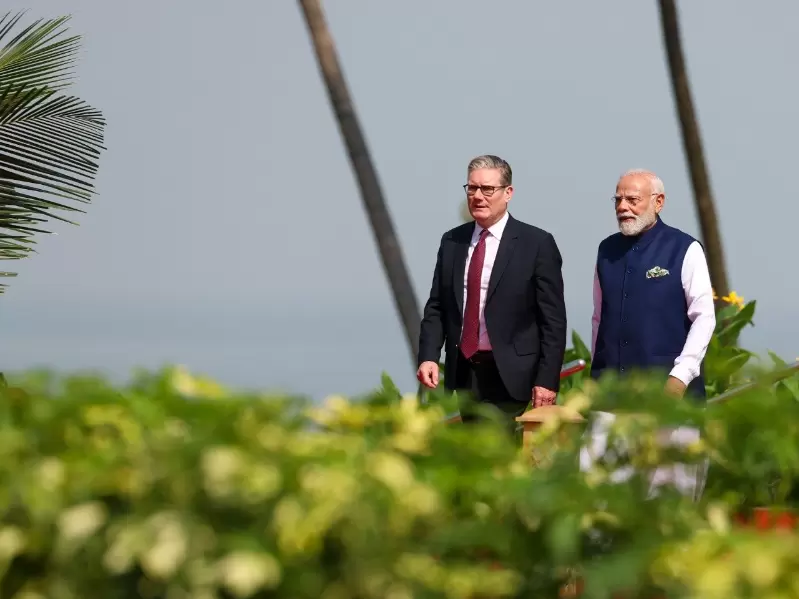 PM Modi and Keir Starmer / X/@narendramodi
PM Modi and Keir Starmer / X/@narendramodi
Should trade deals between nations always be serious business — endless closed-door meetings, stiff handshakes, and spreadsheets full of numbers?
Why can’t diplomacy, once in a while, have a little fun — maybe even some music?
The Mumbai air carried a mix of sea breeze, ambition, and maybe just a faint hint of single malt, as UK Prime Minister Keir Starmer landed with a jumbo delegation to talk trade.
He met his Indian counterpart Narendra Modi not just to talk trade, but to share a tune, a toast, and a few very modern dreams.
It was a delight to welcome my friend, PM Keir Starmer at the Raj Bhavan in Mumbai. Being his first visit to India, it is surely a special occasion. The presence of the largest business delegation to India makes it even more special and illustrates the strong potential of… pic.twitter.com/znZTxoWq1l
— Narendra Modi (@narendramodi) October 9, 2025
The meeting had the sparkle of a well-scripted crossover: part policy summit, part film scene. Before the talk turned to missiles, markets, and megadeals, the two leaders sat down to listen to something far more universal — music.
This wasn’t one of those buttoned-up diplomatic visits. It had a rhythm — literally.
Before diving into defence deals and trade talk, Starmer and Prime Minister Narendra Modi settled into their seats at a cultural event, where the opening act wasn’t a speech — it was a song.
Arijit Singh and Ed Sheeran performed “Sapphire,” live. A soulful collaboration between two musical worlds — just like the two leaders listening, tapping along. Modi even shared the clip on X, calling it a fine example of India–UK cultural partnership.
Wonderful rendition of Ed Sheeran & Arijit Singh’s Sapphire, which is a great example of India-UK cultural partnership! pic.twitter.com/aLtx5WyiXT
— Narendra Modi (@narendramodi) October 9, 2025
And it was. The music wasn’t background noise; it was a statement. Two nations, one rhythm. The kind of soft power that warms the room before the hard talk begins.
Then came the numbers. Britain announced a ₹4,158 crore (about $468 million) deal to supply the Indian Army with lightweight UK-made missiles — the serious, strategic heartbeat of the visit. But even the sharpest missiles couldn’t outshine the mellow charm of Scotch.
The Scotch Whisky Association joined Starmer’s trade mission with grand ambitions — a billion pounds in potential whisky sales to India, 1,000 new UK jobs, and lower tariffs that promise to turn the occasional dram into an everyday delight.
With whisky duties to be halved from 150% to 75% immediately and gradually fall to 40%, it’s the kind of trade news that goes down easy.
And it wasn’t just whisky on the table. Electric vehicle duties will fall from a sky-high 110% to just 10%. Perfumes, cosmetics, chocolates, salmon, lamb — all getting tariff makeovers. A trade deal that reads like a gourmet shopping list.
Then came the Bollywood moment. Starmer, looking very much at home in the Mumbai sunshine, drove to Yash Raj Films. There he was welcomed by Rani Mukerji — Bollywood royalty in heels.
Incredibly honoured to have had the opportunity to host the UK Prime Minister @Keir_Starmer at Yash Raj Films in Mumbai yesterday!
— Yash Raj Films (@yrf) October 9, 2025
The UK & YRF’s relationship go back a long way and we were thrilled to make the PM listen to the iconic Tujhe Dekha Toh Yeh Jaana Sanam from… pic.twitter.com/mUJuVq4RuF
Together they watched a screening, talked cinema, and toasted to a new partnership that will see YRF filming major productions across the UK from 2026.
The deal promises 3,000 new jobs and a fresh burst of cultural energy. The UK, once the dream backdrop for Dilwale Dulhania Le Jayenge, is ready for a sequel — this time with an economic script.
YRF’s CEO Akshaye Widhani called it “special to reignite our ties with the UK in the 30th anniversary year of DDLJ.”
Starmer agreed, adding, “Bollywood is back in Britain — bringing jobs, investment, and opportunity.” Somewhere, Raj and Simran must be smiling.
It’s not just nostalgia, though. The buzzword of the trip was “BollyBrit” — a vision of collaboration where British realism meets Bollywood sparkle.
Imagine Pinewood Studios meets Yash Raj, or Hugh Grant trying to pull off a Shah Rukh Khan pose. Stranger things have happened.
And yes, there was food for thought — quite literally. The real “fish and chips” of this relationship are Scottish salmon and silicon chips. Together, they plan to cook up something far more modern than fried food — a future of shared tech, trade, and talent.
By the end of the day, what began with a song ended with a symphony of deals. Diplomacy, it turns out, sounds better when it’s in tune.
Even The Guardian couldn’t resist the cinematic analogy. The paper called Starmer’s Mumbai visit “a cross between a trade mission and a film premiere,” noting that he arrived “with the largest trade delegation ever and went straight to one of the biggest film studios, hoping to create a new genre: BollyBrit.”
It went on to say that while Indian food has long conquered Britain, Indian storytelling hasn’t quite crossed over yet — except among British Asians.
Maybe this trip changes that. Maybe, as The Guardian quipped, “somewhere in Margate, a primary school is doubling as a Mumbai tax office in a noir-musical-comedy-action-thriller-romcom” — and no one even knows it yet.
Missiles, malts, movies — and music. They say when Starmer met Modi, the beat of diplomacy found its groove.
ADVERTISEMENT
ADVERTISEMENT
E Paper
Video




1759953093.png) Staff Reporter
Staff Reporter
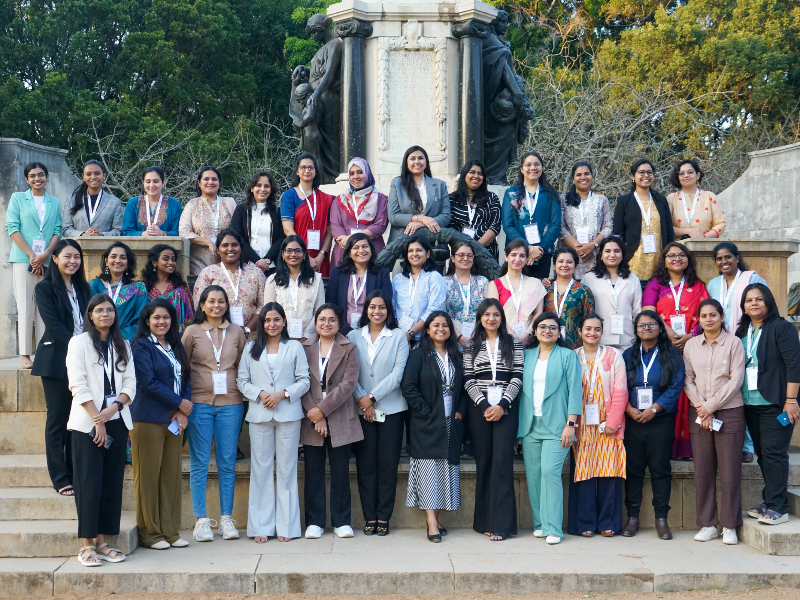
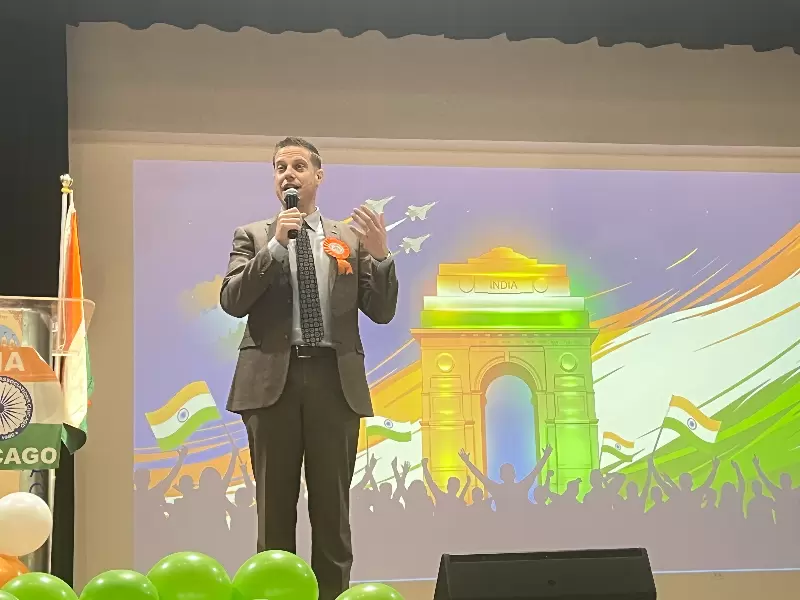
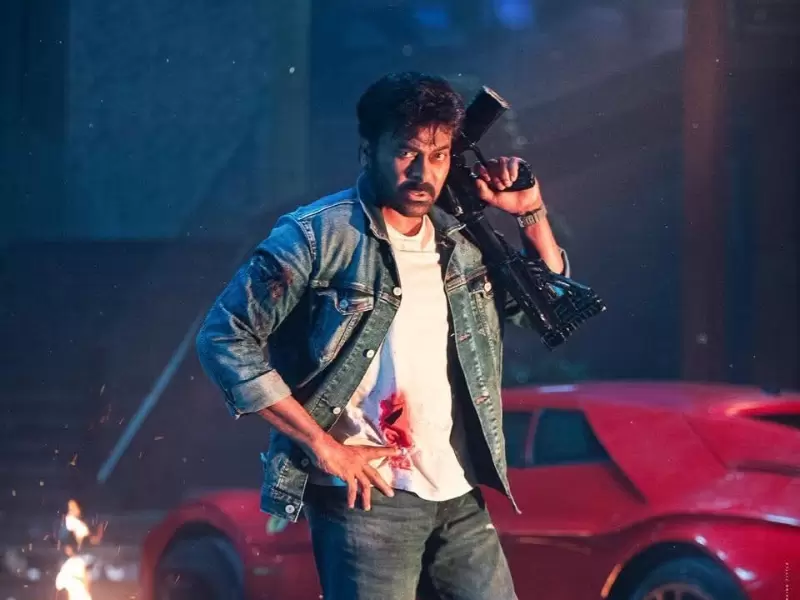

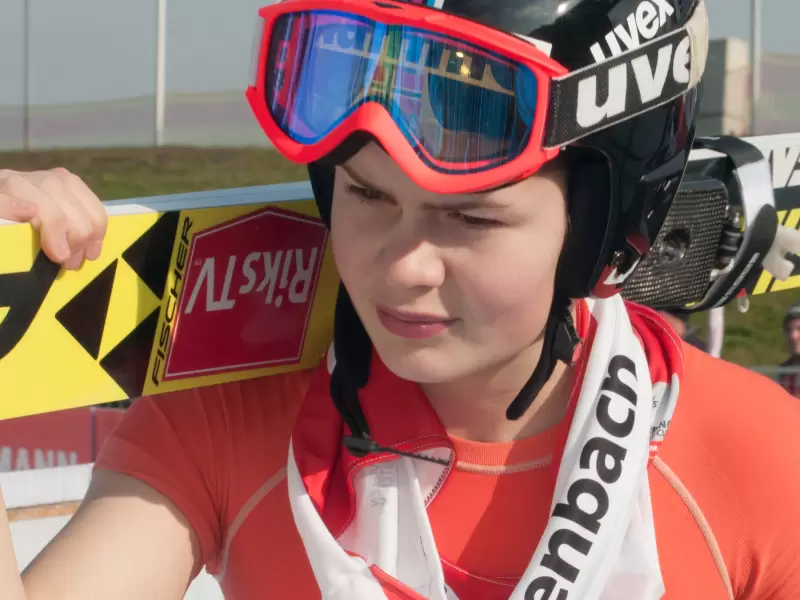
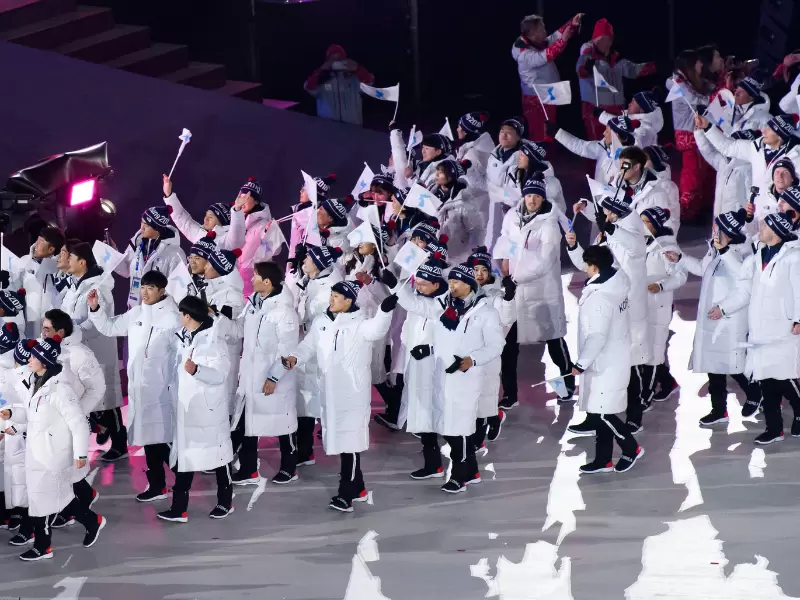
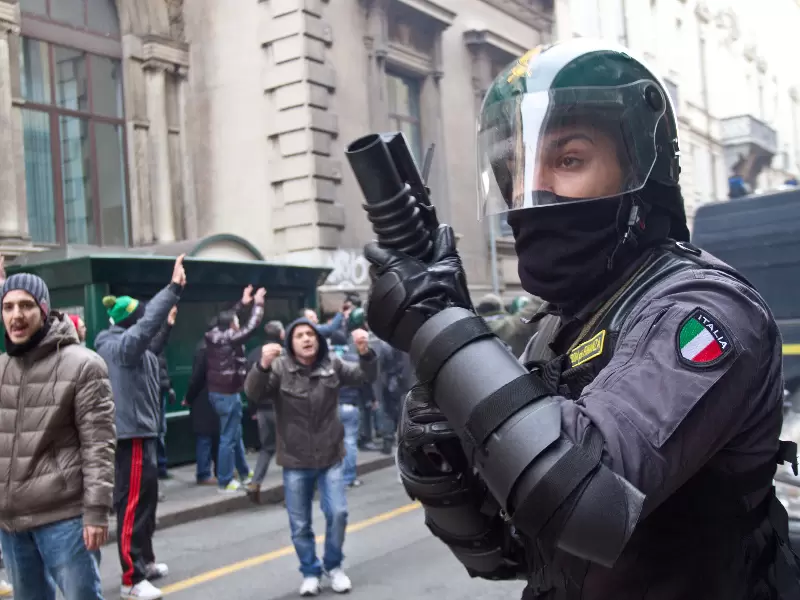
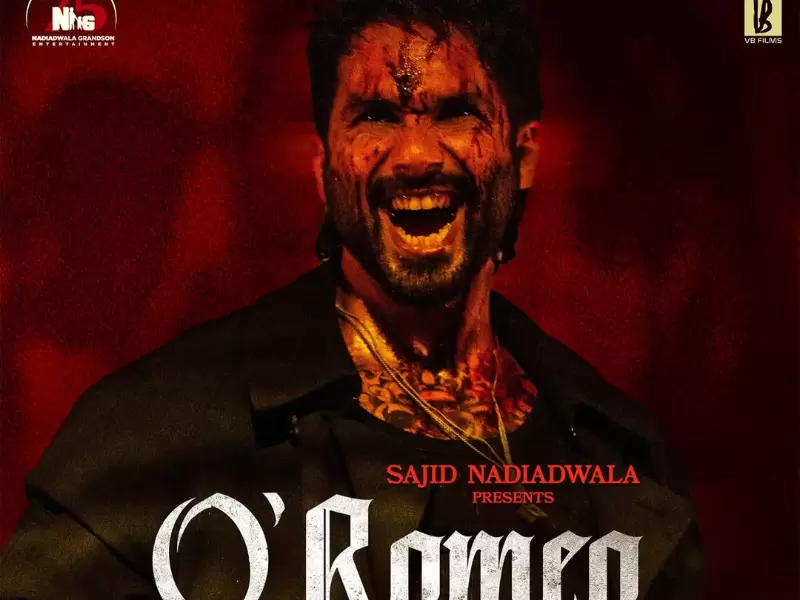
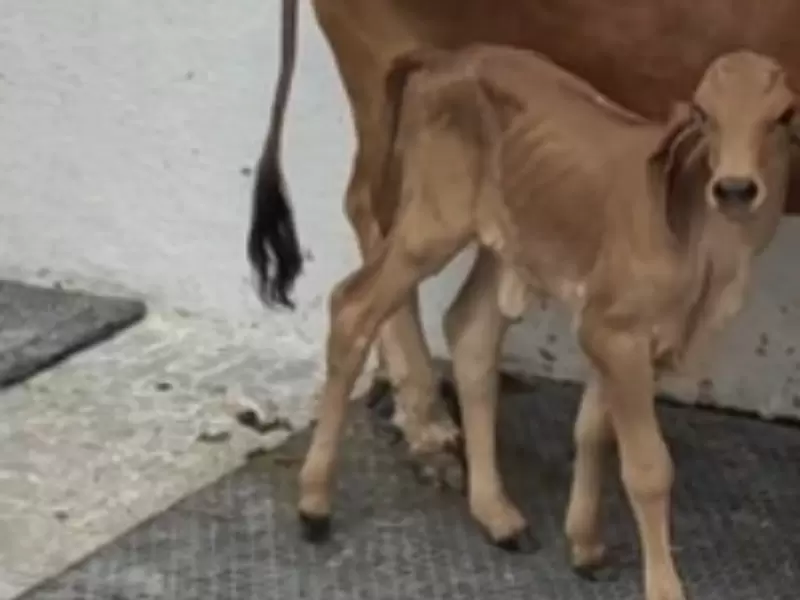
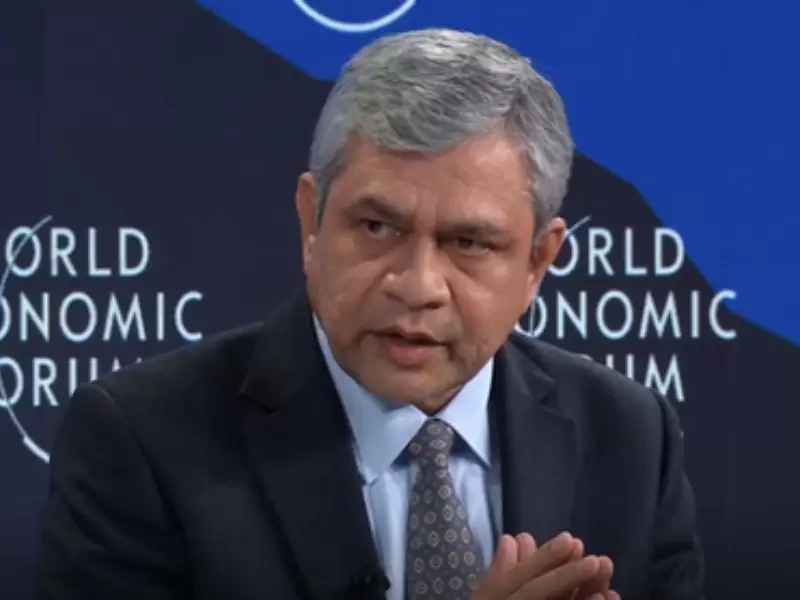



Comments
Start the conversation
Become a member of New India Abroad to start commenting.
Sign Up Now
Already have an account? Login